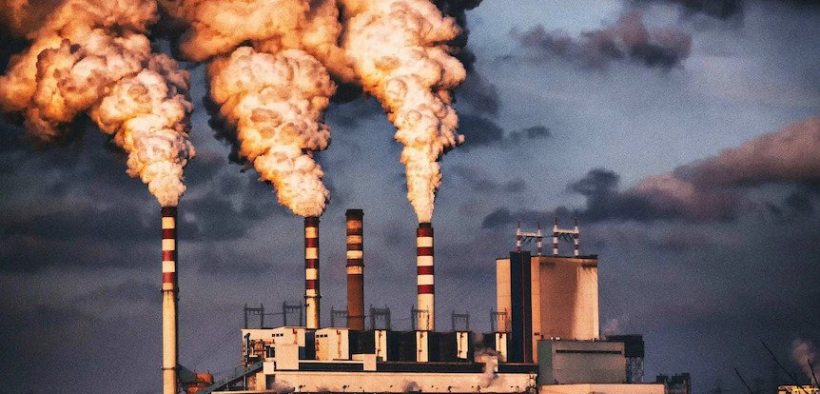Australia join China, Russia, India and Iran in refusing to join global pledge to cut methane emissions

Australia has snubbed one of the key global actions to come out of the UN climate change conference by bowing out of an international pledge to reduce methane emissions.
Key points:
- More than 100 countries have joined the US and EU in committing to cutting methane emissions by 30 per cent by 2030
- Australia, China, Russia, India and Iran refused to join the global push to cut methane emissions
- Former PM Malcolm Turnbull said Australia’s climate position was “a joke”
Methane is considered to be one of the most potent greenhouse gases and second-biggest contributor to global warming behind only carbon dioxide.
Overnight, the US and the European Union announced more than 100 countries have joined their bid to cut methane emissions by 30 per cent by 2030.
“I think we could probably go beyond that,” Mr Biden said during his address at the UN conference in Glasgow.
“We just announced this package at the [UN] General Assembly back in September, at the time [it] was mentioned just nine countries had signed on.
“Today, it’s approaching a hundred countries that are signing on,” he said.
Australia joins China, Russia, India and Iran – some of the biggest methane emitters — as those who refused to join the global push.
The US and EU believe reducing methane will be a powerful tool in the fight to tackle climate change, and the goal of ensuring the world does not heat more than 1.5 degrees Celsius.
“Methane is one of the gases we can cut fastest, doing that will immediately slow down climate change,” European Commission President Ursula von der Leyen said.
Methane traps more heat, but breaks down faster in the atmosphere than some other greenhouses gases, meaning reductions will have a more rapid impact on global warming, she said.
Australia’s Energy Minister Angus Taylor defended the country’s decision not to join the pact.
“Our focus is whole of economy, all gases,” Mr Taylor said at the COP26 conference.
“It’s the entirety of gases that matters … that’s our specific goal.”
Methane emissions come from both natural and man-made sources, including, gas, open-pit coal mines, landfill, and cattle and sheep.
Former Prime Minister Malcolm Turnbull said it was “a pity” the government did not sign up to the pact and described Australia’s position at COP26 as “disappointing”.
“We can’t keep on pretending that this a problem [climate change] we can push out to the future, this is happening right now,” he said in Glasgow.
Mr Turnbull said even Australia’s physical presence at COP 26 — a stall where countries highlight their work to fight climate change — was out of touch.
“The Australia stand has a gas company highlighted [Santos], apparently at the insistence of the energy minister … it’s a joke,” he said.
Just last week the Global Methane Pledge only had 60 signatories, highlighting the diplomacy going on at the conference.
Brazil – one of the world’s biggest methane emitters — is one of the new countries to sign up.
Rachel Kyte, an advisor to the UN Secretary-General, told the ABC the methane pledge was one of the significant actions to come out of the conference, and said Australia’s refusal to join was perplexing.
“This is the first time that there has been a commitment on methane,” the former World Bank Group Vice President said.
“The UK presidency put a lot of weight behind this, the US has played a very important role in the diplomacy.
She said Australia’s climate position was generally “really disappointing”.
“Nothing really new from the federal government, all of the progress that’s been made has been made because of states and cities in Australia now embracing really exciting technologies.”
British Prime Minister Boris Johnson played as the conference’s host and said he remained “cautiously optimistic” that it could achieve enduring action.
He pointed to the multibillion-dollar pledge to end deforestation by 2030, as one of the COP’s successes.
“And this is part of a new global forest finance pledge of over – wait for it – of over $12 billion, amounting to the biggest collective commitment of public funds for forest and climate action in history,” he said.
“The leaders of the world may have left… but I can tell you that the eyes of the world… are on you.”
ABC











